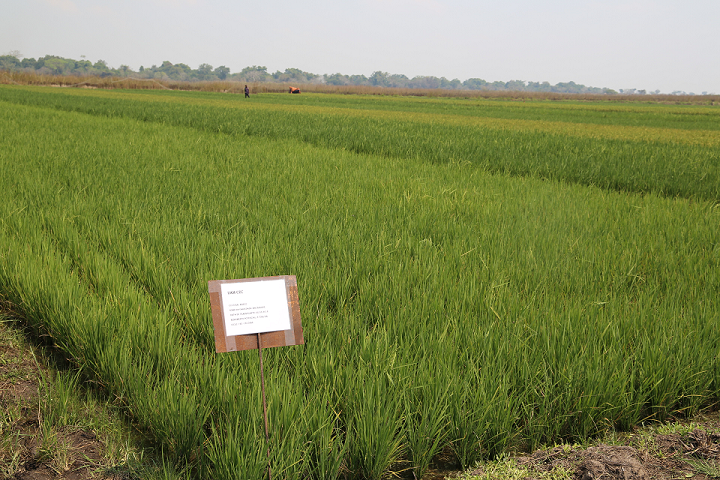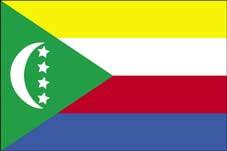APPSA facilitates collection and characterization of rice landraces as genetic resources for enhancing resilience to Climate change and biotic stresses in Mozambique

With support from Centre for Coordination of Agricultural Research and Development for Southern Africa (CCARDESA) under the Agricultural Productivity Programme for Southern Africa (APPSA), germplasm collection mission was carried in seven major rice growing districts of Cabo Delgado province (Mozambique), namely, Quissanga, Macomia, Mocimboa da Praia, Montepuez, Balama, Chiure and Mueda.
A total of 80 accessions of rice germplasm were collected in the target area including 78 accessions of rice landraces (Oryza sativa) and 2 accessions of wild relatives (Oryza longistaminata).
The collection, which was undertaken in June 2016, by IIAM (Agriculture Research Institute of Mozambique) team led by Dr Paulino Munisse under the APPSA sub-project called "Rice germplasm collection and characterization" was meant to prevent genetic erosion as well as to broaden genetic base for further use in rice improvement programmes.
According to Dr Munisse, collection and conservation of plant genetic resources for food and agriculture are key for sustainable agriculture development as they provides the country with sustainable means to address current and future food and nutritional security needs and crop adaptation to climate change.
“Mozambique holds an important reservoir of landraces and crop wild relatives species which are, threaten to genetic erosion due changing environment and unsustainable agriculture practices, however, some are adapted to local conditions and they are important source of germplasm for sustainable crop improvement, said Dr Munisse.”
According to the study results, based on special traits reported by farmers, there is an indication that the collected material has potential to be used as germplasm source for drought tolerance, disease resistance and quality traits, namely, taste and aroma.
For Dr Munisse, future collection missions are still required to fill in gaps in eco-geographical representation of the existing genetic diversity at the NPGRC (Nationl Plant Genetic Resource Centre), particularly the upland rice germplasm before they are irreplaceable lost due to development pressures in this province.
“Characterisation and screening of disease resistance and drought tolerance is required for scientific validation of local knowledge findings in the target area”, added Dr Munisse.
Note that APPSA is a regional project supported by separate World Bank (WB) - IDA credits. The project originally started with three countries (Malawi, Mozambique and Zambia), and it has now extended to Lesotho and Angola. The first phase of three countries was launched in 2013 and officially closed in January 2020. Angola and Lesotho joined the APPSA Project in 2019 and are expected to implement the project until 2025.

























































